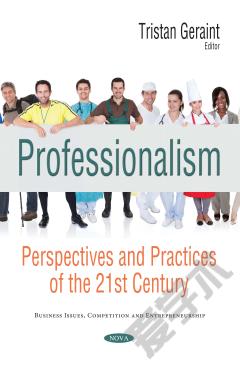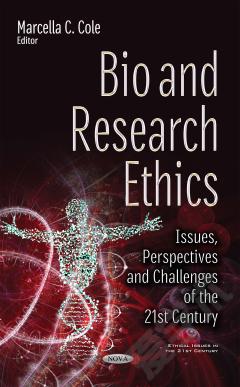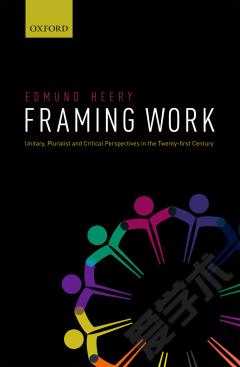Work-Life Balance in the 21st Century: Perspectives, Practices and Challenges
The world of work is constantly evolving, as is the interplay between work and other life domains. As such, it is critical that practitioners and scholars recognize the complexities of balancing work and life in the 21st century. The goal of this book is therefore to meet the demand for knowledge and skills to help employees, employers and families successfully navigate work and life. The chapters address problems and propose solutions for diverse issues, ranging from classic, yet prevalent, topics (i.e., gender disparities) to novel ideas and new directions for research (i.e., chronotypes and recovery experience). To best serve the needs of the readers, both academic and applied, this volume includes empirical studies, practical reflections, review chapters, and research recommendations for the future.The idea of work-family conflict is not a new one and has been of interest to scholars and organizational leaders for nearly five decades. Yet, we know now that balancing work and life goes beyond the needs of the “traditional family” and the “traditional nine-to-five job.” We also know that in addition to the negative consequences associated with work-family conflict, there are indeed benefits associated with balancing multiple life roles. As such, the first section of this volume examines work-life balance in unique (and often, overlooked) populations of workers. The second section goes beyond the traditional idea of work-family conflict to explore innovative ways in which to conceptualize work-life balance for the future.
{{comment.content}}








 京公网安备 11010802027623号
京公网安备 11010802027623号